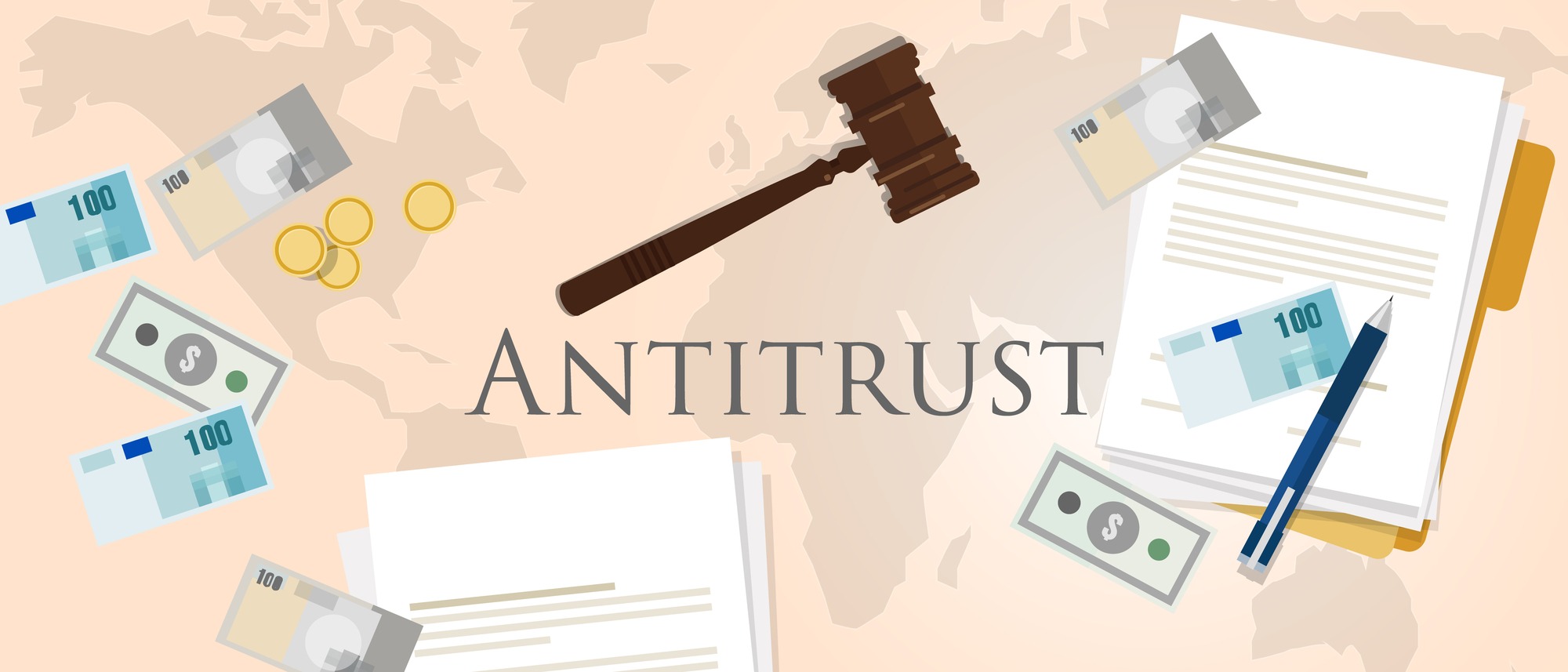Congress recently enacted the Criminal Antitrust Anti-Retaliation Act, also known as CAARA. The law prohibits retaliation against whistleblowers who report criminal antitrust violations to their employer or the government. It also protects those who cooperate with the government in an antitrust investigation against an alleged wrongdoer. The law does not pay rewards to whistleblowers but only offers them anti-retaliation protections. There is, however, interest among members of Congress and the public to eventually enact a monetary rewards provision for whistleblowers.
Under CAARA, employers may not discharge, demote, suspend, threaten, harass, or in any other manner discriminate against those who, in good faith, blow the whistle on alleged criminal antitrust violations. OSHA administers CAARA. This is the 24th whistleblower statute that OSHA administers.
The goal of antitrust law is to promote competition, which is widely considered to be a good thing for the economy. When businesses compete with one another, it drives innovation and allows for the best products and services to rise to the top. This benefits consumers by giving them more choices and better prices. In recent years, there has been a lot of interest among lawmakers in breaking up big companies that have come to monopolize various industries. This will help ensure that our economy remains efficient and benefits consumers as much as possible.
Antitrust law governs the conduct of businesses by prohibiting certain business practices that tend to create monopolistic and oligopolistic concentrations of commercial power. There are antitrust laws at both the federal and state levels. The primary goal of antitrust law is to promote competition among businesses. Competition ensures that the free market is efficient and with efficiency, comes a whole host of benefits to consumers, such as material progress, lower prices, better goods and services, and more employment opportunities.
Antitrust laws protect against price-fixing, bid-rigging, monopolies, oligopolies, and conspiracies to restrain trade such as by geographic segmentation of customers. All of these mentioned acts distort and weaken the free market.
Antitrust law started in English common law and became statutory in the US in 1890 with the Sherman Antitrust Act. Congress enacted the Sherman Antitrust Act and subsequent Antitrust laws, like the Clayton Antitrust Act of 1914, to not only promote commercial activity but to also ensure that no one business or group of businesses become so powerful as to threaten democracy in America.
The Sherman Act is the most well-known of the antitrust laws. It prohibits monopolization, attempted monopolization, and agreements or conspiracies to monopolize. The Clayton Act complements the Sherman Act by prohibiting a number of other anticompetitive practices, including anticompetitive mergers, exclusive dealing contracts, and interlocking directorates. It also prohibits price discrimination where it may substantially lessen competition or tend to create a monopoly.
The two US federal agencies responsible for antitrust enforcement are the Federal Trade Commission (also known as the ‘FTC’) and the Department of Justice’s (‘DOJ’) Antitrust Division.

